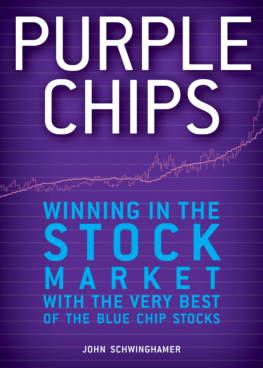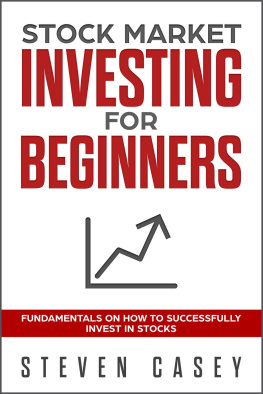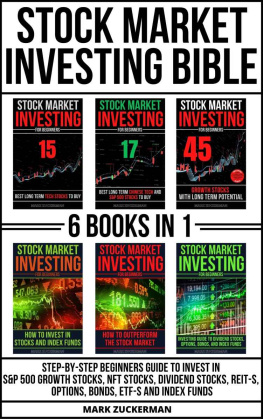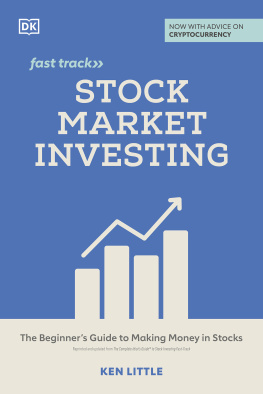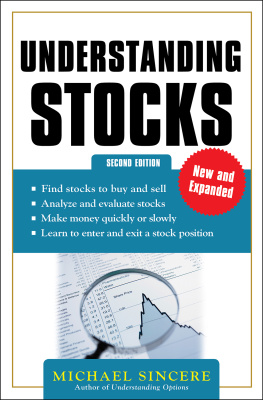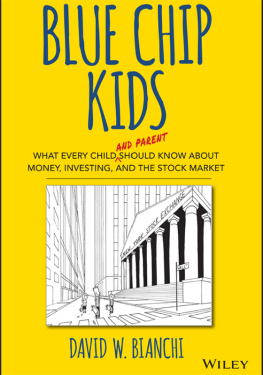Copyright 2012 John Schwinghamer
All rights reserved. No part of this work covered by the copyright herein may be reproduced or used in any form or by any meansgraphic, electronic or mechanical without the prior written permission of the publisher. Any request for photocopying, recording, taping or information storage and retrieval systems of any part of this book shall be directed in writing to The Canadian Copyright Licensing Agency (Access Copyright). For an Access Copyright license, visit www.accesscopyright.ca or call toll free 18008935777.
Care has been taken to trace ownership of copyright material contained in this book. The publisher will gladly receive any information that will enable them to rectify any reference or credit line in subsequent editions.
DISCLAIMER: The content of this book is based on historical information provided by reliable sources that were believed to be accurate at the time of writing in August 2011, but cannot be guaranteed. This book is not intended to address the readers particular investment requirements, nor does it constitute any form of investment advice or recommendation by the author, the authors employer or the publisher. Investing in the stock market is risky and can cause substantial loss. Before investing, readers should consult a certified professional and determine what kinds of investments are suitable for them. Some, but not all, of the transactions that are mentioned throughout this book were initiated by the author. There is no guarantee that the future performance of this approach will resemble past performance, nor can this book be construed as an offer to solicit funds from investors.
Library and Archives Canada Cataloguing in Publication Data
Schwinghamer, John
Purple chips : winning in the stock market with the very best of the blue chip stocks / John Schwinghamer.
Includes index.
ISBN 978-11182-944-99
1. Blue-chip stocks. 2. Investment analysis.
3. CorporationsEvaluation. 4. InvestmentsPsychological aspects. I. Title.
HG4661.S38 2012 332.6322 C2012-901757-4
ISBN 978-1-118-29449-9 (pbk); 9781118-30009-1 (ebk); 9781118-30013-8 (ebk); 9781118-30014-5 (ebk)
Production Credits
Cover design and image: Ian Koo
Interior design: Adrian So
John Wiley & Sons Canada, Ltd.
6045 Freemont Blvd.
Mississauga, Ontario
L5R 4J3
This book is dedicated to my wife, Jane, who has always been my best supporter and who still laughs at my jokes.
Acknowledgments
I am grateful to the following people for their assistance in developing Purple Chips:
David Schwinghamer for his early guidance and editing skills; Raymond Kenworthy for all his research and analysis; Marilyn Biderman for sharing her vast knowledge of the publishing business; Mark Benthin for adding value; and Andre Bourret, Joseph Mendel and David Arthurs, for off ering me their wisdom and support.
Introduction
With so many books on investing, you would be right to ask what could possibly make this one any better than what is already out there.
The answer is simple. I believe that if you take the time to read through the arguments that I put forward in this book, you will learn a simpler way to identify top-quality investments at good prices. If you follow the unique yet sensible approach that I propose in this book, your level of confidence will rise as you see yourself invest successfully, and with less risk, more often. This book will show you how to identify great companies based on a simple visual examination of their financial health. You will learn to invest with a well-defined plan that includes when to buy, when to sell and when to take a loss.
I wrote this book because through all my years in the financial industry, I have yet to come across a simple and effective way to invest. Most of the successful approaches I have seen involve extensive ratio analyses and screening procedures that are well beyond the practical ability and patience of most investors, and of many an investment advisor as well.
Many investors and professional advisors rely on analysts' reports rather than doing extensive analyses themselves. In my opinion, following analysts' reports is one of the more reliable ways to lose money or realize mediocre returns. Nowadays, due to the easy availability of information, the astute investor has access to tools and information that can easily replicate what the average professional advisor has to offer.
The methodology that I present starts with a strong foundation. It forces you to consider only the highest-quality companies and relies on long-term track records. The strength of this approach lies in its simplicity and effectiveness in identifying investment opportunities without having to do extensive financial analysis. The beauty of this approach is that it will identify the same investment opportunities that could otherwise be found only through extensive analysis.
The common wisdom seems to be that investing in the stock market is mastered only by going through the school of hard knocks, taking some finance courses and then investing, crossing your fingers and hoping that you don't get hurt too badly in the process. Failing that, you hope to be lucky enough to know a savvy investor who can help you navigate the ever-changing, turbulent seas of the stock market.
The alternative that you will learn about in this book is not earth-shattering; most astute investors would arrive at the same results. However, the approach that I take is a visual one: that is, one based on the consistent presentationin graph formof the same variables, which demonstrate the potential in any given stock. Once understood, the application of this analysis can save considerable time and effort and yield good results. It is also quite unlike the classic buy and hold strategy. It is simply a common sense approach that focuses on identifying the highest-quality companies at the right price. In short, this book will show you how to:
identify great companies;
buy their stocks when they are priced low;
sell them when they are priced high; and
repeat Steps 2 and 3 again and again.
Let's now take a quick look at my background and how I developed this approach.
My Background
I am a portfolio manager at a major bank in Montreal, Canada. I grew up in a middle-class family. My father was an engineer with more interest in the outdoors than in money, and my mother was a registered nurse who focused on savings. I was one of six children, and an average student in high school.
In my early adolescence I learned that I liked having money and that I liked making money. I started learning about investing when I bought my first motorcycle at the age of twelve. It was a Keystone 50cc two-stroke minibike, which was worth about $150. I rode it around for a year and then sold it for a profit. I traded up for a larger, more powerful off-road motorcycle, and then, with the passing seasons, another and another. At sixteen I moved on to cars. By the time I was twenty, I had bought and sold more than a dozen vehicles, and usually made a profit.
Those years taught me a fundamental lesson about making money: If you buy well, you can always sell at a profit. This lesson is what led to me becoming a value investor and developing a simple model that recognizes value.
My exposure to the stock market started when I was about eighteen and in college. In my student years, every summer I used to fly out to western Canada and work in the construction, oil and mining industries. After several summers, I had saved up enough money to start investing in stocks. I dabbled in the markets but soon realized that I could use some professional advice. I decided to find a savvy investment advisor who could teach me the ins and outs of the market.

